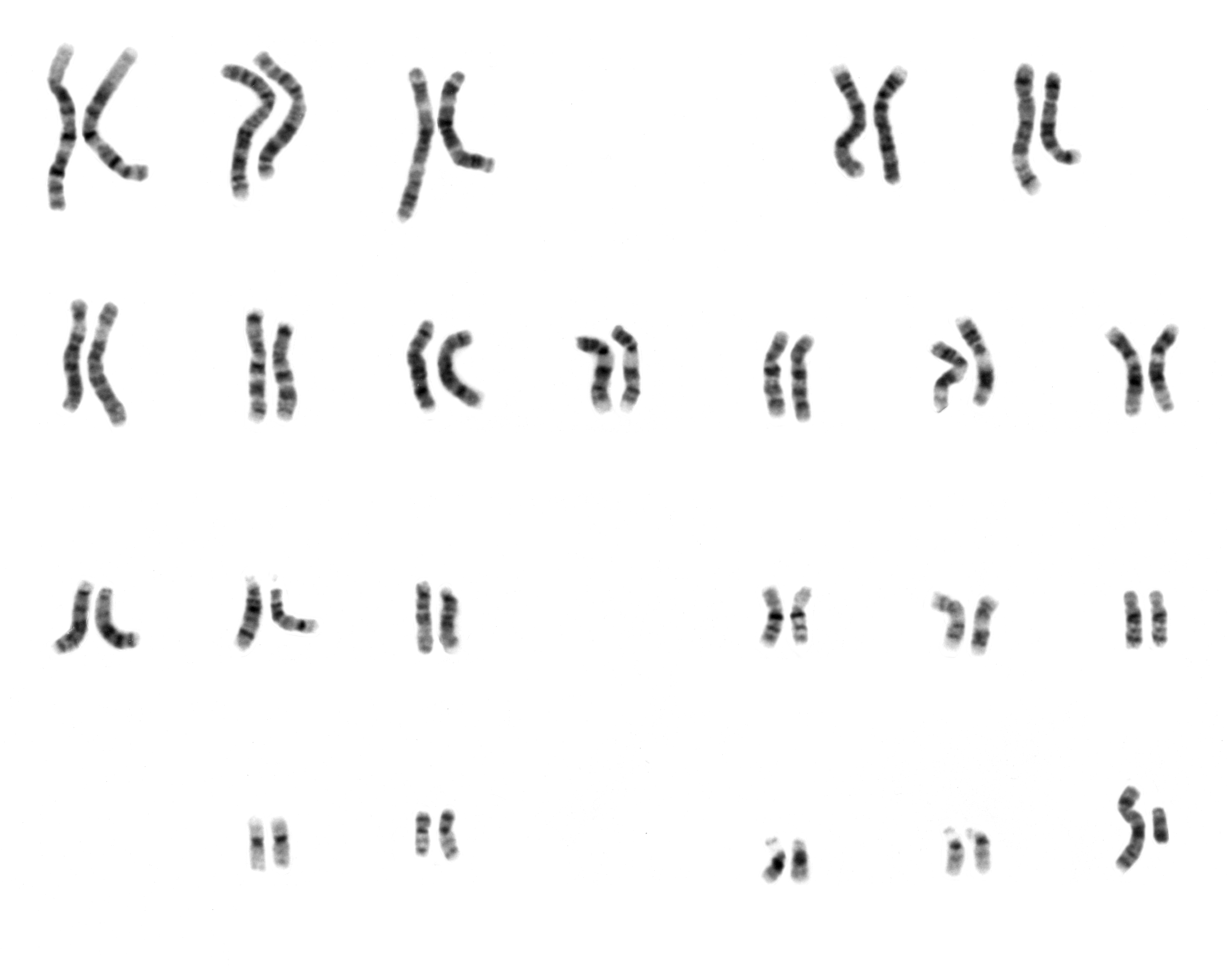genome

The genome is the entirety of an organism's hereditary information. It is encoded either in DNA or, for many types of virus, in RNA. The genome includes both the genes and the non-coding sequences of the DNA/RNA.
Some organisms have multiple copies of chromosomes. In classical genetics, in a sexually reproducing organism the gamete has half the number of chromosomes of the somatic cell and the genome is a full set of chromosomes in a gamete.
The term genome can be applied specifically to mean that stored on a complete set of nuclear DNA but can also be applied to that stored within organelles that contain their own DNA, as with the "mitochondrial genome" or the "chloroplast genome". Additionally, the genome can comprise nonchromosomal genetic elements such as viruses, plasmids, and transposable elements.
Human genome contains approximately 20488 genes.























